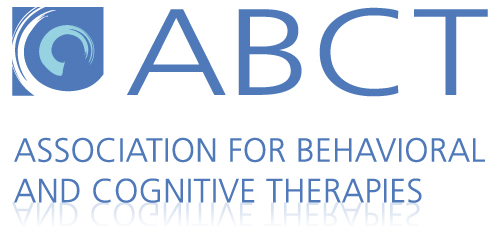Why Anger Management Therapy
Generally, counseling for anger management focuses on learning specific behavioral skills and ways of thinking so you can cope with anger. If you have any other mental health conditions, such as anxiety, depression or addiction, you may need to also work on these issues for anger management methods to be effective.
The aim of counseling and anger management classes is to teach you to:
- Manage factors that may make you more likely to get angry, such as improving sleep so you’re not tired and keeping stress low by using stress management skills
- Understand the triggers of your specific anger
- Identify situations that are likely to set you off and respond in non-aggressive ways before you get angry
- Learn specific skills to use in situations likely to trigger your anger
- Recognize when you aren’t thinking logically about a situation, and correct your thinking
- Calm yourself down when you begin to feel upset, for example, by using relaxation skills or taking a break
- Express your feelings and needs assertively (but not aggressively) in situations that make you feel angry
- Focus on problem-solving in frustrating situations — instead of using energy to be angry, you’ll learn how to redirect your energy to resolve the situation
- Communicate effectively to defuse anger and resolve conflicts
Inappropriate displays of anger may indicate the existence of a more serious mental health or emotional issue. People who receive anger management therapy are given the tools needed to slow their reaction to anger in order to identify the reason for their feelings. From Source.
Call us at 469-714-0006 or email us at info@exulthealthcare.com






